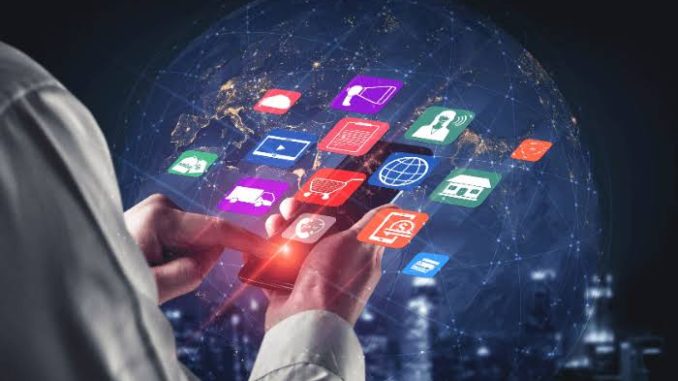
Revolutionizing Communication
The evolution of communication is perhaps the most striking testament to technology’s transformative power. Gone are the days of waiting weeks for letters to reach their destination. With the advent of smartphones, instant messaging apps, and social media platforms, people can connect with loved ones across the globe in seconds. Video calls allow us to see and hear family members, colleagues, or friends in real-time, making distances seem irrelevant. This connectivity has not only enhanced personal relationships but also facilitated global collaboration, allowing businesses and organizations to operate on an international scale.
Healthcare at the Forefront
Technology has dramatically reshaped the healthcare landscape, making it more accessible, efficient, and innovative. From wearable devices that monitor heart rates and physical activity to sophisticated AI algorithms that assist in diagnosing diseases, technology empowers both patients and medical professionals. Telemedicine has made healthcare accessible to remote regions, bridging gaps in medical services and saving lives. Breakthroughs in biotechnology, such as 3D-printed organs and gene-editing technologies like CRISPR, promise to tackle previously incurable conditions, giving hope to millions.
Education Beyond Boundaries
Education has undergone a digital renaissance, breaking barriers of geography and socioeconomic status. Online learning platforms, virtual classrooms, and educational apps have made knowledge more accessible than ever. Students can now learn at their own pace, explore a wide array of subjects, and interact with experts worldwide. Virtual and augmented reality tools provide immersive learning experiences, making complex concepts easier to grasp. As a result, technology is not only enhancing traditional education but also democratizing it.
A Smarter Lifestyle
Technology has redefined convenience in everyday life. Smart home devices, like thermostats, lights, and security systems, can be controlled with a simple voice command or a tap on a smartphone. E-commerce platforms allow people to shop from the comfort of their homes, while digital payment systems have made transactions faster and more secure. Navigation apps ensure we never get lost, and on-demand services bring food, transportation, and entertainment to our doorsteps.
Challenges and Ethical Considerations
Despite its numerous benefits, technology also poses challenges. Privacy concerns, cybersecurity threats, and the digital divide are significant issues that need addressing. Over-reliance on technology can lead to social isolation, and automation may displace jobs in certain sectors. However, with responsible innovation and ethical practices, these challenges can be mitigated to ensure technology serves humanity positively.
The Road Ahead
As technology continues to evolve, its potential to transform lives grows exponentially. Innovations like artificial intelligence, renewable energy, and quantum computing hold the promise of addressing global challenges such as climate change, poverty, and healthcare access. The key lies in harnessing technology responsibly to create a more inclusive and sustainable future.
Conclusion
Technology has become an indispensable part of modern life, transforming how we live, work, and connect with the world. Its impact is undeniable, improving the quality of life for billions of people. As we continue to innovate and embrace new advancements, it is crucial to ensure that technology remains a tool for progress, empowerment, and positive change. The journey of technological transformation is far from over, and its potential to shape a better tomorrow is limitless.